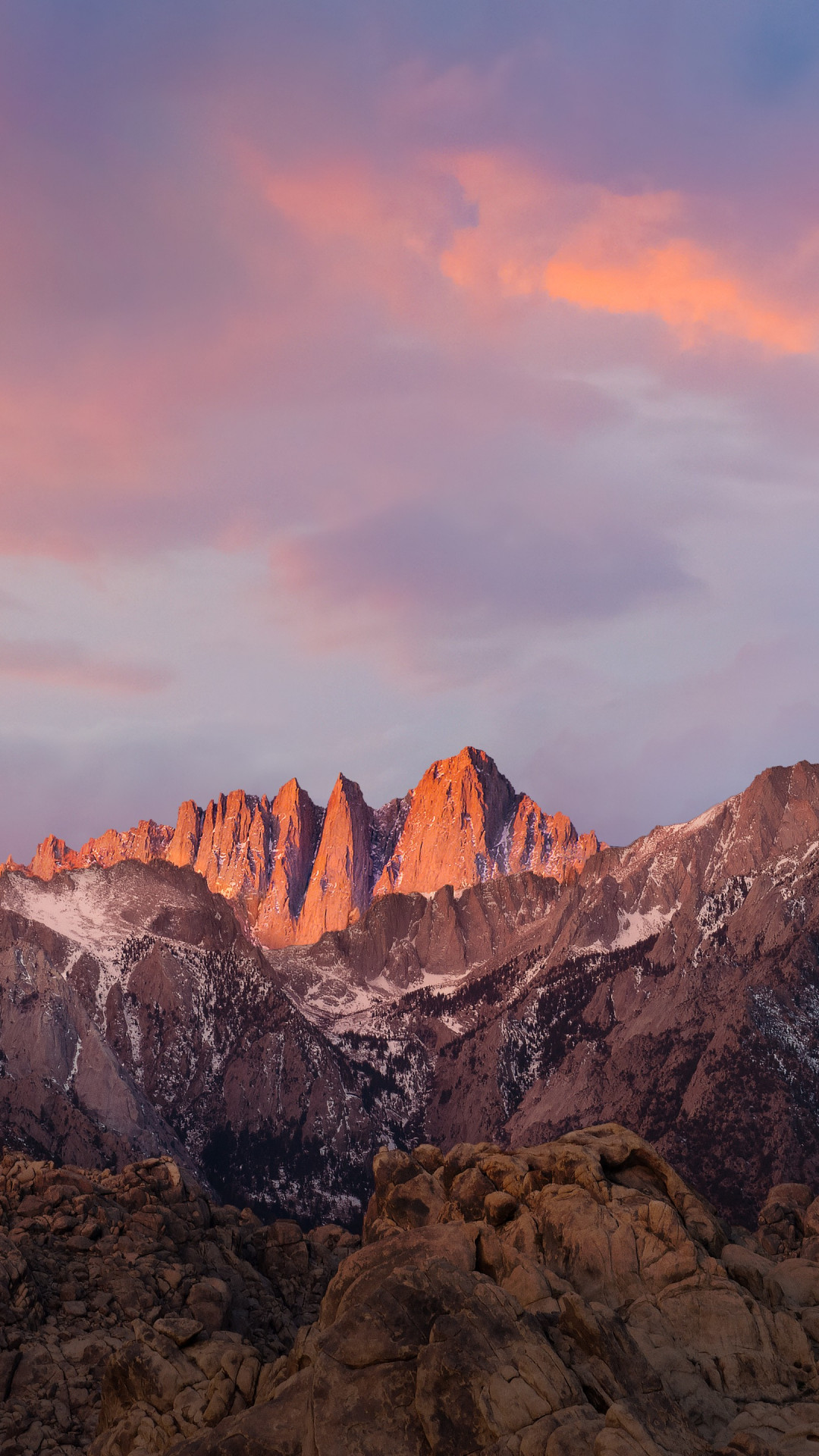The following are the system requirements for installing the JDK and the JRE on macOS:

Installing the JDK on macOS. To install the JDK on macOS: Download the JDK.dmg file, jdk-13.interim.update.patchosx-x64bin.dmg. Before the file can be downloaded, you must accept the license agreement. From either the browser Downloads window or from the file browser, double-click the.dmg file to start it. Download Java for OS X 2017-001 Java for macOS 2017-001 installs the legacy Java 6 runtime for macOS 10.13 High Sierra, macOS 10.12 Sierra, macOS 10.11 El Capitan, macOS 10.10 Yosemite, macOS 10.9 Mavericks, macOS 10.8 Mountain Lion, and macOS 10.7 Lion.
Download Jdk For Macos High Sierra
Any Intel-based computer running macOS.
Administrator privileges.
You cannot install Java for a single user. Installing the JDK and JRE on macOS is performed on a systemwide basis for all users. Administrator privileges are required to install the JDK and JRE on macOS.
When you install the JDK, it also installs the JRE. However, the system will not replace the current JRE with a lower version.
To determine the current JRE version installed on your system, see Determining the JRE Version Installed on macOS. To install an earlier version of the JRE, you must first uninstall the current version. See Uninstalling the JRE on macOS.
When you install the JRE, you can install only one JRE on your system at a time. The system will not install a JRE that has an earlier version than the current version.
To determine the current JRE version installed on your system, see Determining the JRE Version Installed on macOS. To install an earlier version of the JRE, you must first uninstall the current version. See Uninstalling the JRE on macOS.
Note:
Installing a JRE from Oracle will not update
java -versionsymlinks or addjavato your path. To do this, you must install the JDK.